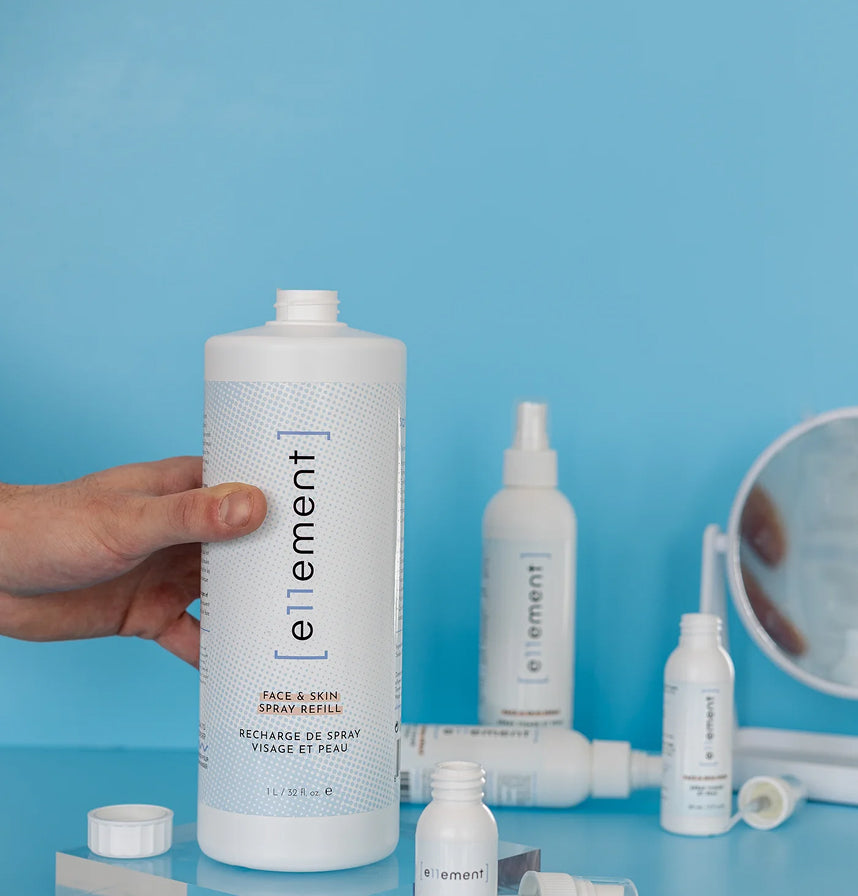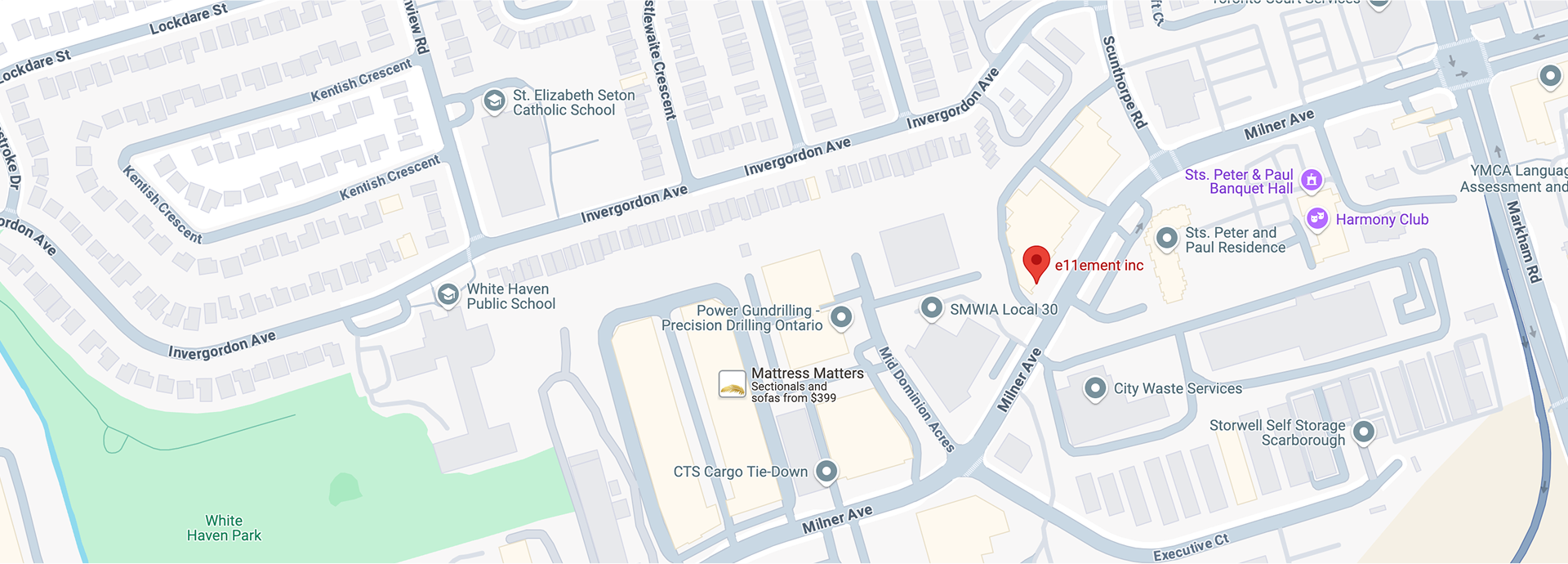Winter brings cooler temperatures, shorter days, and unfortunately, a rise in seasonal illnesses. The combination of confined indoor spaces, lower humidity, and weakened immune systems creates an ideal environment for the spread of viruses and bacteria. While traditional methods like handwashing and sanitizing remain essential, hypochlorous acid (HOCl) is gaining recognition as a powerful tool in fighting winter illnesses.
This article explores how hypochlorous acid helps prevent winter illnesses and the role hypochlorous acid spray plays in enhancing health and hygiene during the colder months.

Understanding Hypochlorous Acid
Hypochlorous acid is a naturally occurring substance produced by white blood cells as part of the body’s immune response. It plays a vital role in killing pathogens, including bacteria, viruses, and fungi. When used externally, hypochlorous acid is a safe and effective disinfectant that mimics the body’s natural defense mechanism.
Commercially available hypochlorous acid sprays are made through a process called electrolysis, which involves passing an electrical current through a saltwater solution. The result is a solution that is non-toxic, eco-friendly, and highly effective against harmful microorganisms.
The Science Behind Hypochlorous Acid
Hypochlorous acid works by disrupting the cell walls of pathogens, rendering them inactive. It penetrates the lipid membranes of bacteria and viruses, effectively neutralizing them without causing harm to human tissues.
Unlike harsh chemical disinfectants, hypochlorous acid is pH-balanced and non-irritating, making it safe for use on the skin, in the air, and on various surfaces. These properties make hypochlorous acid spray a versatile and practical option for preventing the spread of winter illnesses.
Why Winter Illnesses Spike
To understand how hypochlorous acid can help, it’s essential to know why winter illnesses are so prevalent:
1. Increased Indoor Activities
Colder weather forces people indoors, where they are in closer proximity to others. Shared spaces, such as offices, schools, and public transportation, become breeding grounds for germs.
2. Low Humidity
Winter air tends to be dry, which can dehydrate the mucous membranes in the nose and throat. This makes it easier for viruses to invade the respiratory system.
3. Weakened Immune Response
Lack of sunlight during the winter months can lead to lower vitamin D levels, weakening the immune system and increasing vulnerability to infections.
Given these factors, maintaining good hygiene and minimizing exposure to germs are critical during winter.
How Hypochlorous Acid Spray Helps Prevent Winter Illnesses
Hypochlorous acid spray has proven to be an effective addition to winter health routines. Here are the key ways it helps:
1. Disinfecting Surfaces
Pathogens can survive on surfaces for hours or even days. Hypochlorous acid spray can be used to sanitize frequently touched surfaces, such as door handles, countertops, and electronic devices, reducing the risk of indirect transmission.
2. Airborne Germ Control
Spraying hypochlorous acid into the air can neutralize airborne pathogens, especially in enclosed spaces. This is particularly useful in offices, classrooms, and homes where ventilation may be limited.
3. Skin and Hand Sanitization
Unlike alcohol-based sanitizers that can dry out the skin, hypochlorous acid spray is gentle and hydrating. It can be used as a hand sanitizer or applied directly to the skin to kill germs without causing irritation.
4. Reducing the Spread of Respiratory Viruses
Hypochlorous acid is effective against many respiratory viruses, including those responsible for colds and flu. Regular use of hypochlorous acid spray on surfaces and in the air can significantly lower the risk of viral infections.
Using Hypochlorous Acid Spray Safely and Effectively
To maximize the benefits of hypochlorous acid spray, follow these guidelines:
1. Choose a High-Quality Product
Ensure the hypochlorous acid spray you select is properly formulated and tested for safety and efficacy. Look for products with clear labeling and instructions.
2. Follow Application Instructions
Read the manufacturer’s guidelines on how to use the spray. This may include specific instructions for surface cleaning, air disinfection, or direct skin application.
3. Store Properly
Hypochlorous acid solutions can degrade over time, especially when exposed to light or heat. Store the spray in a cool, dark place to maintain its potency.
4. Combine with Other Hygiene Practices
While hypochlorous acid spray is effective, it should not replace basic hygiene measures. Regular handwashing, covering coughs and sneezes, and staying home when sick are still essential for preventing illness.
Hypochlorous Acid: A Sustainable Choice
In addition to its health benefits, hypochlorous acid is an environmentally friendly option. Traditional chemical disinfectants can release harmful fumes and contribute to water pollution. In contrast, hypochlorous acid breaks down into harmless substances, making it safe for people and the planet.
Its sustainability makes hypochlorous acid spray an excellent choice for individuals and families who prioritize eco-friendly living while protecting their health.
Conclusion
Hypochlorous acid spray is a simple yet powerful tool for preventing winter illnesses. Its ability to neutralize pathogens on surfaces, in the air, and on the skin makes it a versatile solution for maintaining health during the colder months.
By incorporating hypochlorous acid spray into your daily routine and combining it with other preventive measures, you can create a safer and healthier environment for yourself and your loved ones this winter.























